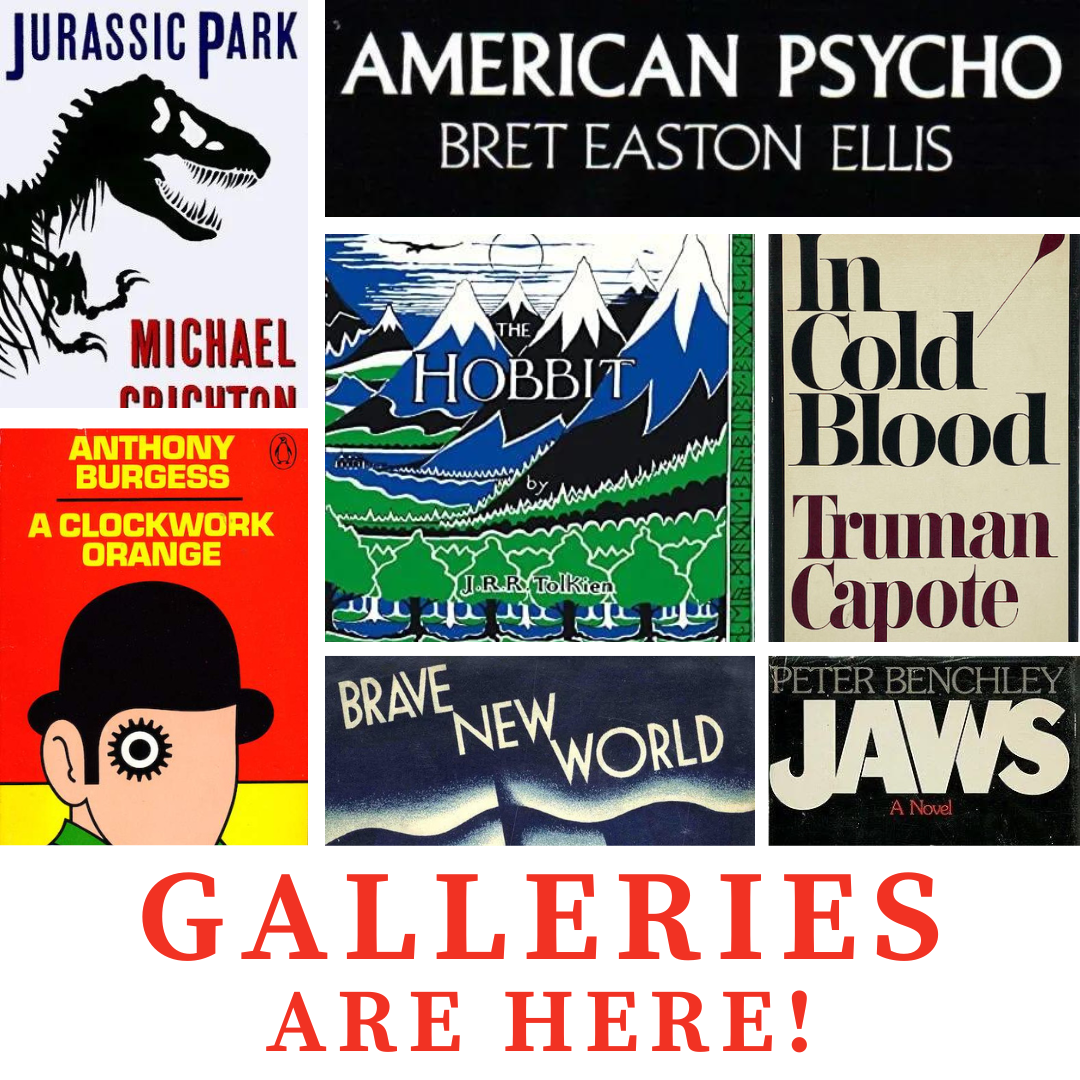Paul Whybrow
Full Member
I sometimes reflect on what it means to be a writer in the 21st-century. In modern society, it's a more tenuous and less respected role than it once was: going back a mere thirty years, authors were valued more.
Today, anyone can spout forth their thoughts online, in a mutating variety of formats, from the trivial and fleeting to major pronouncements that take years to create and read—I recently came across a series of self-published science-fiction novels, each of which is 250,000 words long.
It's easy to get disheartened, but when my spirits are flagging, I take heart that I'm a member of one of the oldest professions. It's long been said that prostitution is the oldest profession...which rather implies to me, that pimping is the second oldest. Whimsy aside, telling tales to cheer people up around a fire or in a darkened cave or up a tree, trying to keep safe from predators, is one of the earliest ways of making a living. Once upon a prehistoric time, we storytellers were the equivalent of television or the internet.
This realisation made me wonder what other praiseworthy jobs can trace their origins back to the early days of man. Artists, be they painters of cave walls, actors or singers would be esteemed for their entertainment skills—making their tribe recall epic hunts of prey or fierce battles with rivals. Healers would have an honoured place in prehistoric society, as well as being looked upon with suspicion. Shamans would mutate into religious leaders, at some point, trying to explain the inexplicable as being the work of a divine god: as Mark Twain said, "Religion was invented when the first conman met the first fool."
Someone in the cave would be nifty with a bone needle and sinew thread, turning tanned animal skins into garments and footwear—becoming the first fashion designer. Hunters and gatherers would keep their people alive, with one activity being seen as male and honourable, while the other was relegated to females and part of their duties—hence, sexism was originated!
Personally, I think that the first interior designer would have been welcomed with open arms. Whoever invented shelves, finding a way to attach them to the cave wall, was a precursor of civilisation, eventually spawning legions of home improvement programmes on television.
Amongst all of these jobs, the storyteller was always highly regarded, turned to when something needed explaining in an entertaining and wise way.
We're still around, and even with all of the distractions of contemporary living, we have something to say to people about the state of society, of what it means to be human.
Our words have value, so we should keep on keeping on writing them.
Of course, we don't know it all...but there are always editors around who think that they do. The thing is, which caveman became the first literary agent?!
Do you feel connected to a literary thread that passes through time?
How do you cheer yourself up when doubt swoops in?
Is there any era in which you'd like to have been an author? Perhaps as a contemporary of Jane Austen or a drinking buddy of Ernest Hemingway.

Today, anyone can spout forth their thoughts online, in a mutating variety of formats, from the trivial and fleeting to major pronouncements that take years to create and read—I recently came across a series of self-published science-fiction novels, each of which is 250,000 words long.
It's easy to get disheartened, but when my spirits are flagging, I take heart that I'm a member of one of the oldest professions. It's long been said that prostitution is the oldest profession...which rather implies to me, that pimping is the second oldest. Whimsy aside, telling tales to cheer people up around a fire or in a darkened cave or up a tree, trying to keep safe from predators, is one of the earliest ways of making a living. Once upon a prehistoric time, we storytellers were the equivalent of television or the internet.
This realisation made me wonder what other praiseworthy jobs can trace their origins back to the early days of man. Artists, be they painters of cave walls, actors or singers would be esteemed for their entertainment skills—making their tribe recall epic hunts of prey or fierce battles with rivals. Healers would have an honoured place in prehistoric society, as well as being looked upon with suspicion. Shamans would mutate into religious leaders, at some point, trying to explain the inexplicable as being the work of a divine god: as Mark Twain said, "Religion was invented when the first conman met the first fool."
Someone in the cave would be nifty with a bone needle and sinew thread, turning tanned animal skins into garments and footwear—becoming the first fashion designer. Hunters and gatherers would keep their people alive, with one activity being seen as male and honourable, while the other was relegated to females and part of their duties—hence, sexism was originated!
Personally, I think that the first interior designer would have been welcomed with open arms. Whoever invented shelves, finding a way to attach them to the cave wall, was a precursor of civilisation, eventually spawning legions of home improvement programmes on television.
Amongst all of these jobs, the storyteller was always highly regarded, turned to when something needed explaining in an entertaining and wise way.
We're still around, and even with all of the distractions of contemporary living, we have something to say to people about the state of society, of what it means to be human.
Our words have value, so we should keep on keeping on writing them.
Of course, we don't know it all...but there are always editors around who think that they do. The thing is, which caveman became the first literary agent?!
Do you feel connected to a literary thread that passes through time?
How do you cheer yourself up when doubt swoops in?
Is there any era in which you'd like to have been an author? Perhaps as a contemporary of Jane Austen or a drinking buddy of Ernest Hemingway.





